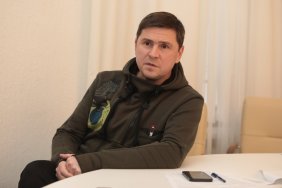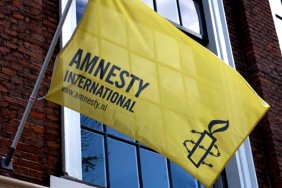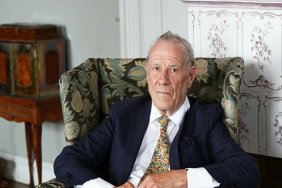Ukrainian political scientist, co-founder of the "Ukrainian Institute of the Future" Yuri Romanenko believes that Ukraine should ban the work of Amnesty International on Ukrainian territory. "In order to prevent all forms of sabotage from this pro-Putin organization," the expert writes in his Telegram channel.
The expert backs up his opinion with a story by Tom Matsch, ByLine Times. And quotes a journalist from New Zealand:
"We were sitting with Donatella Rovera in the kitchen of our hotel in Kramatorsk, the administrative capital of the Ukrainian-controlled Donetsk region, and every hour we heard artillery rumbling outside the windows.
Instead of expressing shock at the relentless Russian bombing, the Amnesty staff seemed far more concerned about the fact that a Ukrainian army unit was taking cover in the basement of a college building.
We were all in that building: an abandoned language school in the front-line town of Bakhmut, turned into a temporary barracks for a Ukrainian unit. This is not a war crime. The military has every right to set up in an evacuated educational institution, though of course that building can no longer claim civilian protection, and above the road was a mostly abandoned civilian apartment building that had not been fully evacuated.
But Rovera insisted that such a military presence in a populated area was a "violation of international humanitarian law." When I asked her about how the Ukrainian army should defend a settlement, she said it didn't matter.
By this logic, I continued, Ukraine would have to give up major cities like Kharkiv. "Well, they should avoid taking positions in a populated area if possible," she replied. "International humanitarian law is very clear about that."
I assumed that her future Amnesty International report would be poorly received if it did not distinguish between defensive and offensive operations in urban areas. But it turned out that the authors had decided up front: Ukraine was endangering its own civilian population simply by trying to protect its cities.
Another misstep in the report that I witnessed.
Regarding the evacuation of civilians, Amnesty International stated that it was "not aware that the Ukrainian military, who were stationed in civilian buildings in residential areas, asked or assisted civilians to evacuate nearby buildings.
In fact, Ukrainian authorities and the military often insisted that civilians leave active combat zones and offered evacuation assistance to those who wanted to do so.
I was in one of the places mentioned in the Amnesty International report, a school block in the town of Lysychansk, which was under shelling, with Ukrainian soldiers when they offered transportation to evacuate all civilians who wanted to leave. Three did so, and we rode with them, returning to safer places. All of this I reported on in due course.
Then Donatella Rovera also appeared as an expert witness in a CBS documentary which claimed that only 30 percent of Western arms shipments reached the front: a figure impossible to verify. She said that "we have no way of knowing where these weapons are going."
Given the risks of interception by Russian missiles, the location of weapons supplied to Ukraine is one of the most closely guarded military secrets in the world, and unlikely to be revealed to an Amnesty International researcher.
CBS later retracted the segment and said it would later re-release the documentary with more recent information.




